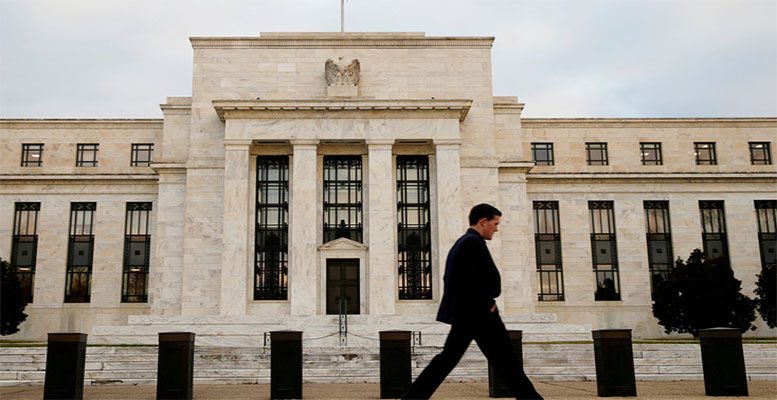The minutes released by the FED and the ECB last week shared concern about how to inform about their monetary stance. They fear unsettling the markets should investors wrongly interpret the messages conveyed to them. Everyone bets that stiffening will take place in the coming months. But policymakers in both central banks are deeply divided on whether the current circumstances warrant such a move. While growth seems to be cruising at a reasonable pace, inflation is still far off its target. Thus no consensus emerges on the need to tighten credit conditions.
As doubts increase, so does nervousness in the markets. As a result, any hint the ECB might engage in discussions on how to implement the foreseable tapering, or the FED trigger a new rate hike, feeds disproportionate reactions. For all the fuss about monetary tightening, the current accommodative stance will remain in place for longer than expected. Even if the economy gathers momentum, prices are unlikely to rise sharply. The decay in labour conditions prevents inflation from turning into a vicious circle, propelling salaries and costs upwards. The US economy, now running close to full employment, shows the extent to which wages fail to react. Are we facing a sizeable structural change likely to influence monetary policy on a lasting basis? Views on this topic sharply diffe, but they all acknowledge that a shift is taking place.
Some FED members emphasize the danger loose monetary conditions represent, as reining in overheating might lead to an abrupt recessionary bout. They believe that any robust economic performance leads to inflationary pressures sooner rather than later. But others contest the US economy would show undisputed proofs it was running at full speed. They even fear uncertainty on the fiscal front might provide a downwards tilt. The ECB policymakers are experiencing similar hesitations and conflicting views.
At the end of the day, the problem lies in the uncertainty over the resilience of the current recovery. Will it take off and growth accelerate or will it experience an up-and-down course as the US has recently done? No one knows for sure. There is no point in setting out plans which might be derailed before they are implemented. When you lack a clear policy perspective, the best thing you can do is to manage communication in a fairly tight way.





